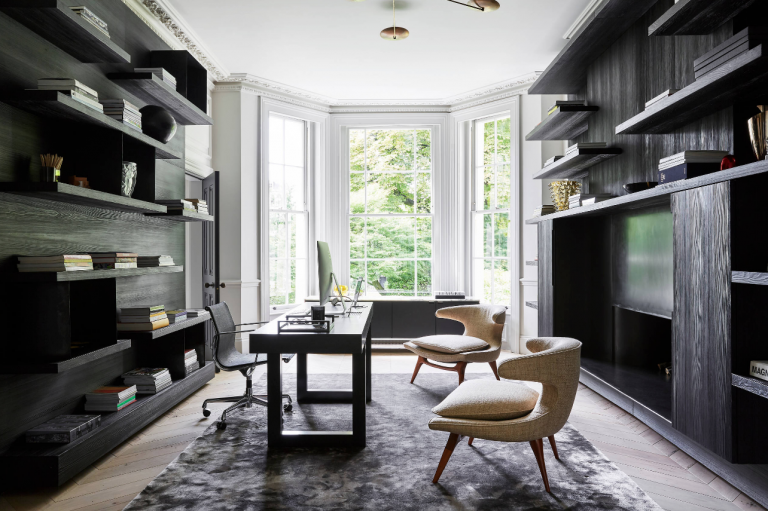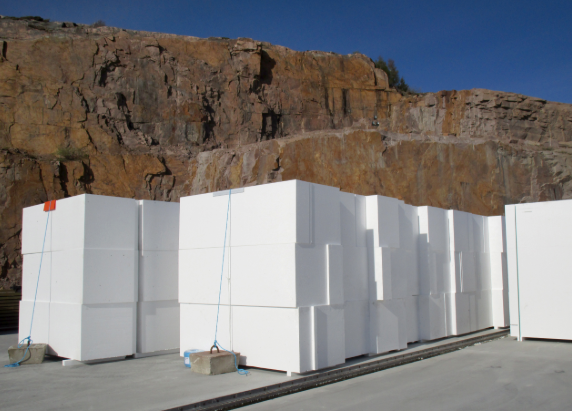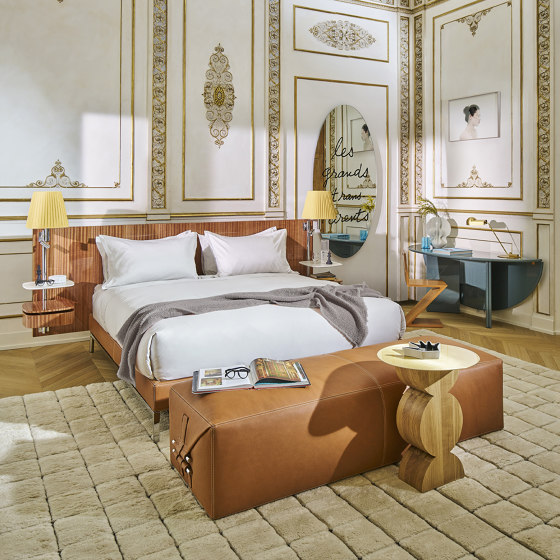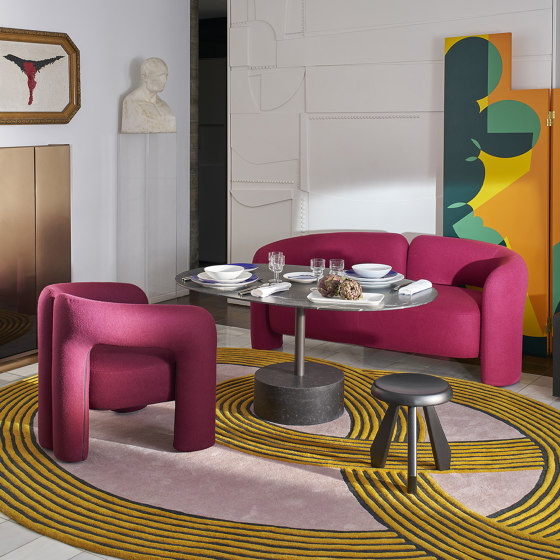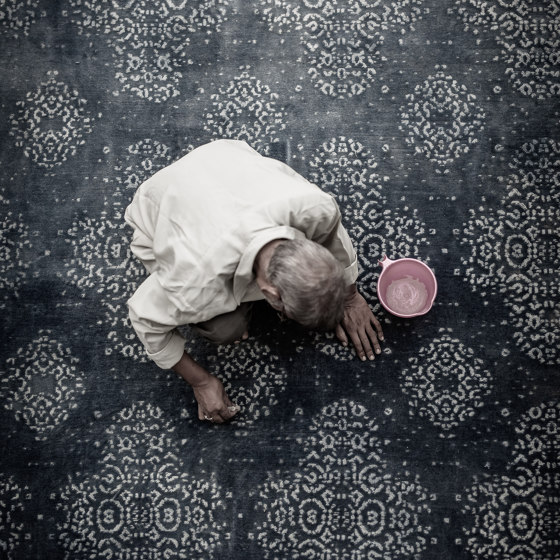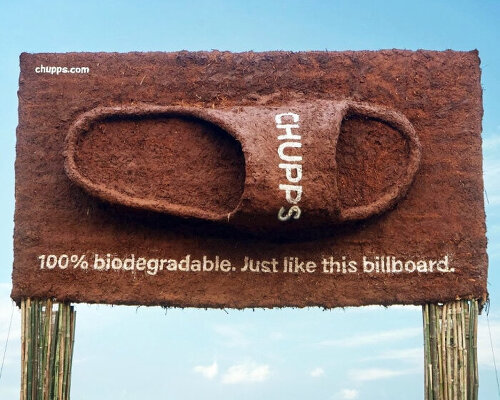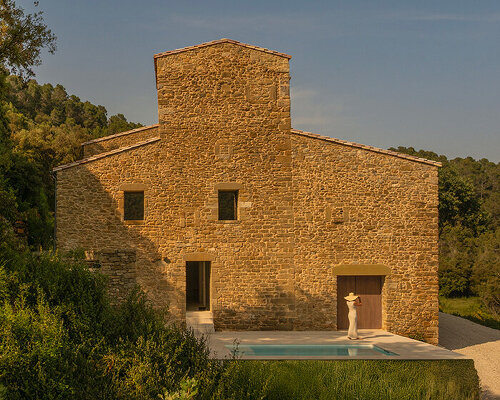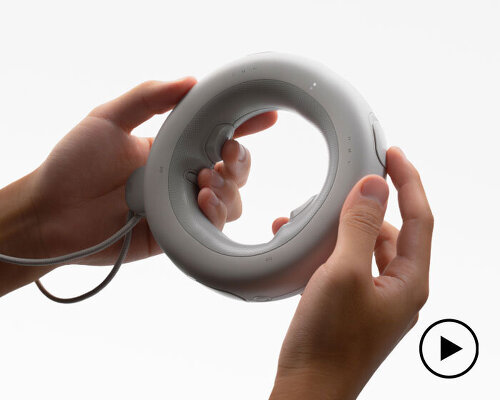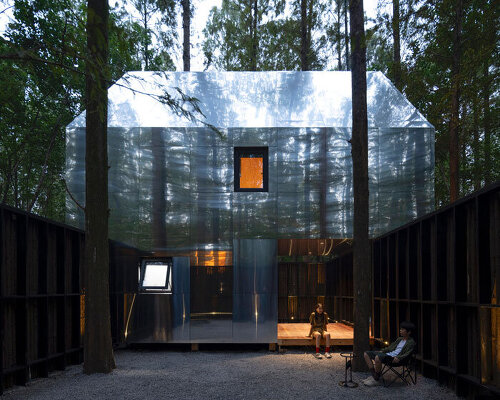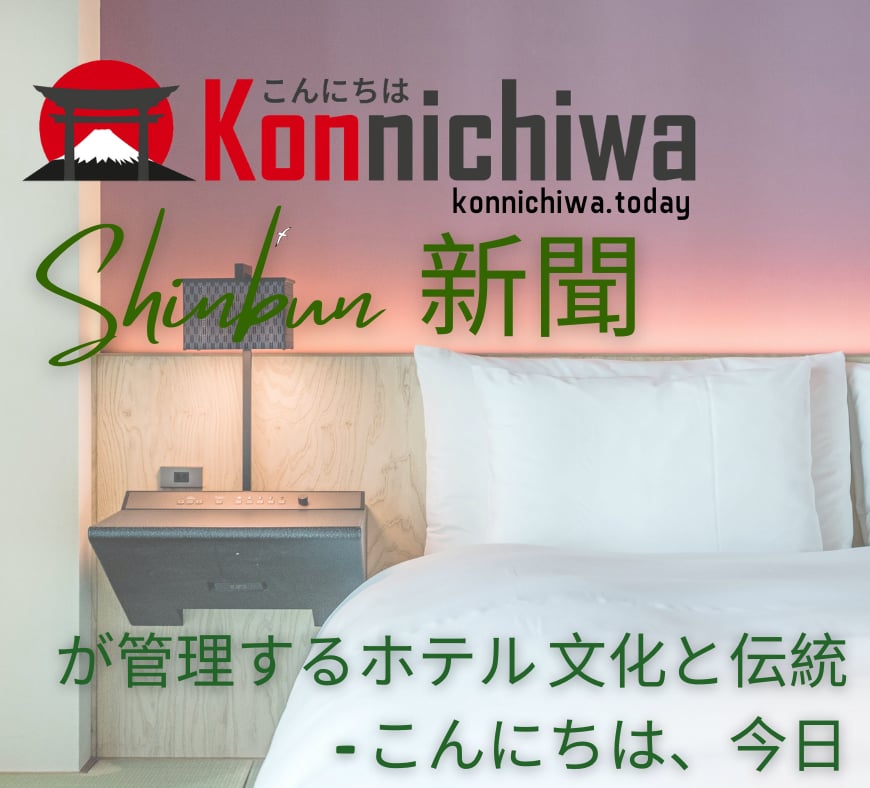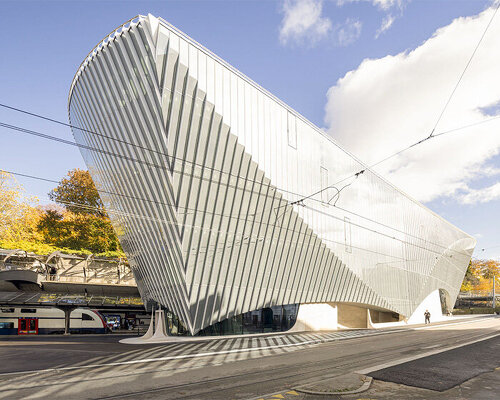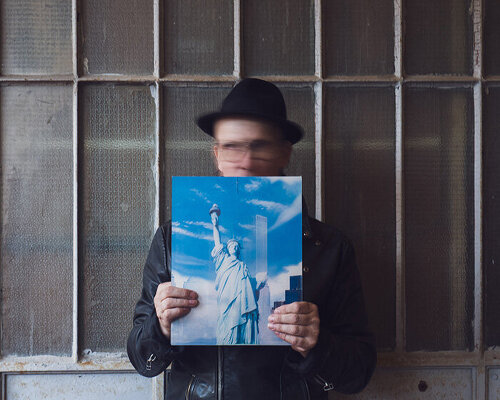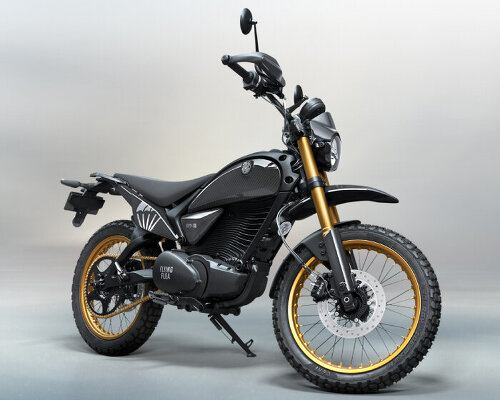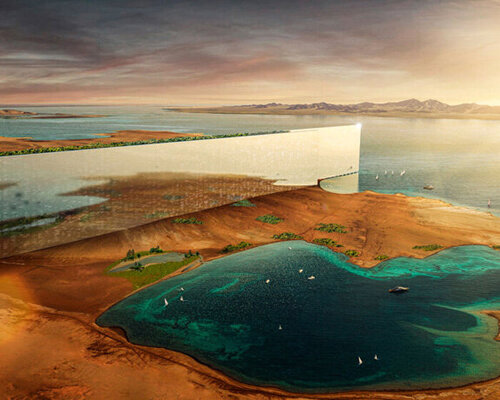seoul design award 2025 crowns winner for nigerian flat-pack, solar-charing hubs

seoul design award crowns 2025 grand prize
The Seoul Design Award (SDA) 2025 crowned its winners with the world’s first live design judging, blending expert evaluation with on-site citizen voting that totalled nearly 1,000 participants. Now, in its sixth edition, the award has continued to grow in entires whilst remaining true to its founding mission to promote design with social power. This year, it received a record 941 projects from 74 countries, rewarding 10 top projects global creatives as well as two concepts. The Grand Prize winner — Nonfiction Design’s Jaza Energy Hubs — aims to reduce rural energy inequality in Nigeria, combining flat-pack and local-built solar-charing hubs with a swappable battery rental system.
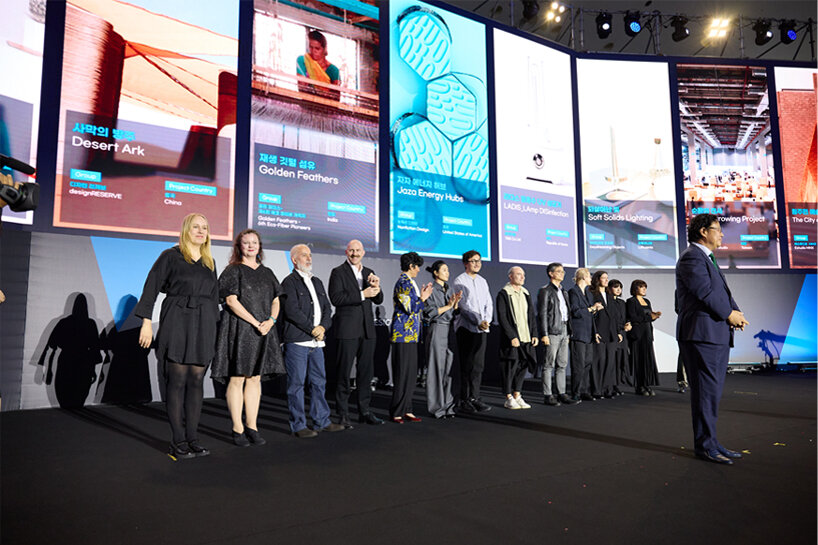
Seoul Design Award 2025 crowned its winners with the world’s first live design judging | Seoul Design Award
world’s first live judging system
The Seoul Design Award champions design that fosters a harmonious relationship between people, society, and the environment. The 2025 edition introduced the ‘Design Live’ judging system that merged the insights of 32 global design leaders, including Martin Zelger, CEO of DAAily Platforms — the group overseeing designboom, Architonic, and ArchDaily. The judging criteria is grounded by the UN Sustainable Development Goals.
‘Around 900 projects addressed urgent challenges with creativity, sustainability, and innovation. They went beyond aesthetics to catalyze positive social change. At designboom, we cal this Utopian Optimism – the union of visionary imagination and practical impact,’ explains Martin Zelger, CEO of DAAily Platforms. ‘The judging criterion asked the panel to examine how boldly the participant dreamt. We need design to nurture hope and joy.’
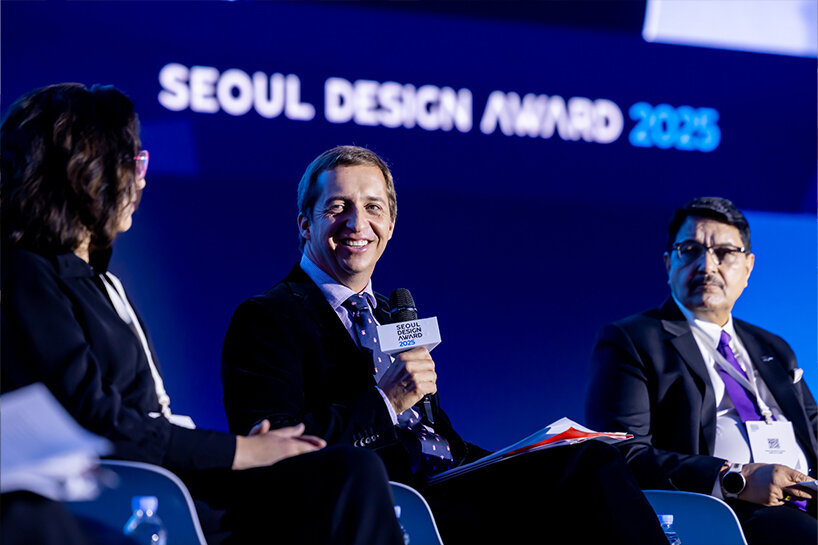
Martin Zelger, CEO of DAAily Platforms
SDA 2025 grand prize, top 10, and concept awards
Nonfiction Design was awarded the 2025 Grand Prize for the studio’s Jaza Energy Hubs. This solution tackles rural energy inequality in Nigeria through modular solar-charging hubs and a swappable battery rental ecosystem. The architectural design features flat-pack structures installable in a single day, built using local materials and labor to foster manufacturing capacity and create jobs. The approach is deeply human-centered, considering critical needs like ventilation, circulation, and childcare. It is a solution built from listening and solving the feedback of over 300 people. The studio is now working on ten social-impact projects, with empowerment as their keyword.
‘Jaza Energy Hubs goes beyond supplying energy. We designed a local pathway to economic self-reliance so residents can shape their own future,’ explains Mardis Bagley of Nonfiction Design. ‘Over 18 months, we listened to more than 300 people. We learned in some places a single lightbulb is as precious gold. One bulb can change education, daily life, and quality of line.’
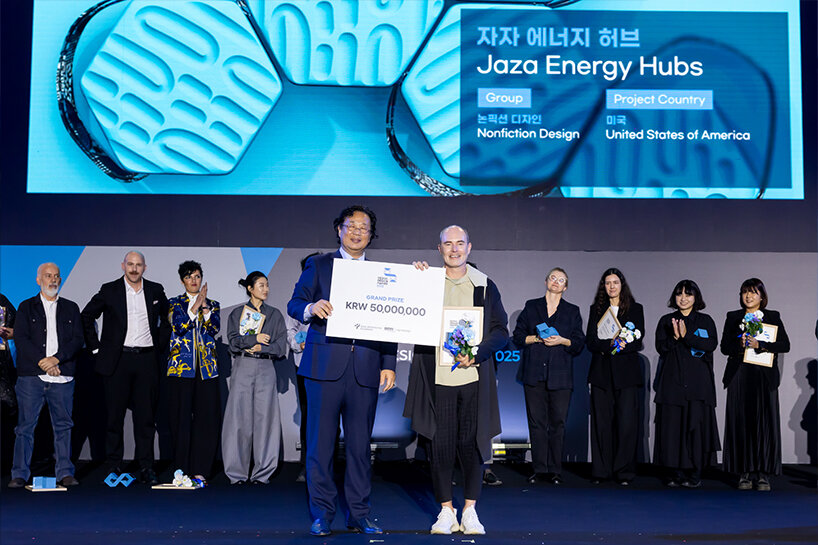
Nonfiction Design was awarded the 2025 Grand Prize for the studio’s Jaza Energy Hubs
The remaining nine top 10 projects (see more about the projects, here) received Excellence Awards, as they showcases actionable design solutions for issues like climate disaster, waste, urban regeneration, and interspecies coexistence. These winning designs spanned diverse architectural and product categories, emphasizing novel materiality and circularity. Among the honorees was Desert Ark, a 3D concrete-printed structure designed to restore fragile desert ecosystems, and Golden Feathers, an upcycling project transforming slaughterhouse chicken feathers into natural wool fibers. Furthering the movement toward circularity, the Borrowing Project introduced an exhibition model that minimizes waste by designing for the return of reusable materials, while Soft Solids Lighting provided a sustainable product combining upcycled lighting components with a renewable wax blend.
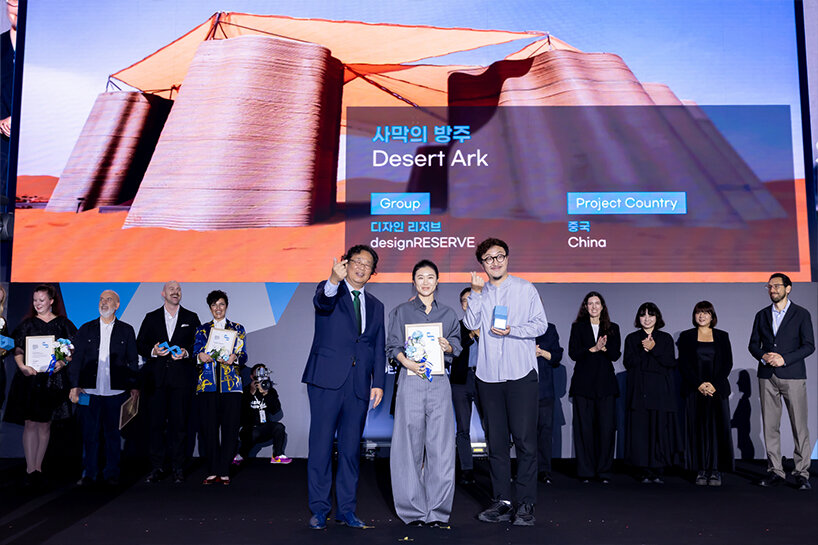
Desert Ark, a 3D concrete-printed structure designed to restore fragile desert ecosystems
The award also recognized crucial designs focused on public health and humanitarian aid. Korea’s VLADIS — Drinking Water UV Cap (Oh Hwan-Jong) is a simple UV-cap bottle lid tackling hygiene issues in Laos, demonstrating a 58% reduction in waterborne disease within three months of deployment. Similarly, Anako – Emergency Folding Cradle provides emergency cradles made from recycled materials for vulnerable groups, focusing on dignity and safety in crisis. Addressing neglected urban space and ecology, the City of Indigenous Arts was honored for revitalizing communal areas through heritage and art, and the Alusta Pavilion for Multispecies Encounters showcased an architectural work fostering human-nature coexistence. Finally, Crafted Liberation was celebrated for an upcycled textile-based seating design that advances women’s rights discourse.
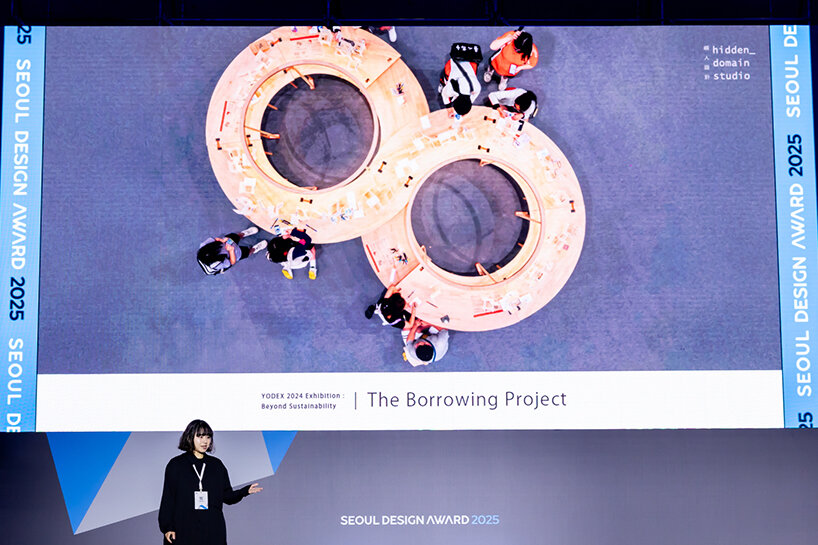
the Borrowing Project introduced an exhibition model that minimizes waste by designing for the return of reusable materials
Last but not least, the Concept Awards spotlighted promising, future-forward projects. Its 2025 winners include Bark-Code, which uses 3D-scanning for small family forest owners to obtain carbon credits, and Blue Garden which restores marine ecosystems to envision regenerative cities. Visitors were able to engage directly with each project during the live judging. Guests explored the Participatory Festival’s various exhibitions, projects, and even the Sustainable Design Conference. The Seoul Design Award 2025 demonstrated design’s power to transform complex issues – energy inequality, waterborne disease, waste, and human rights – into actionable strategies, continuing to improve and inspire the global standard for sustainable design.
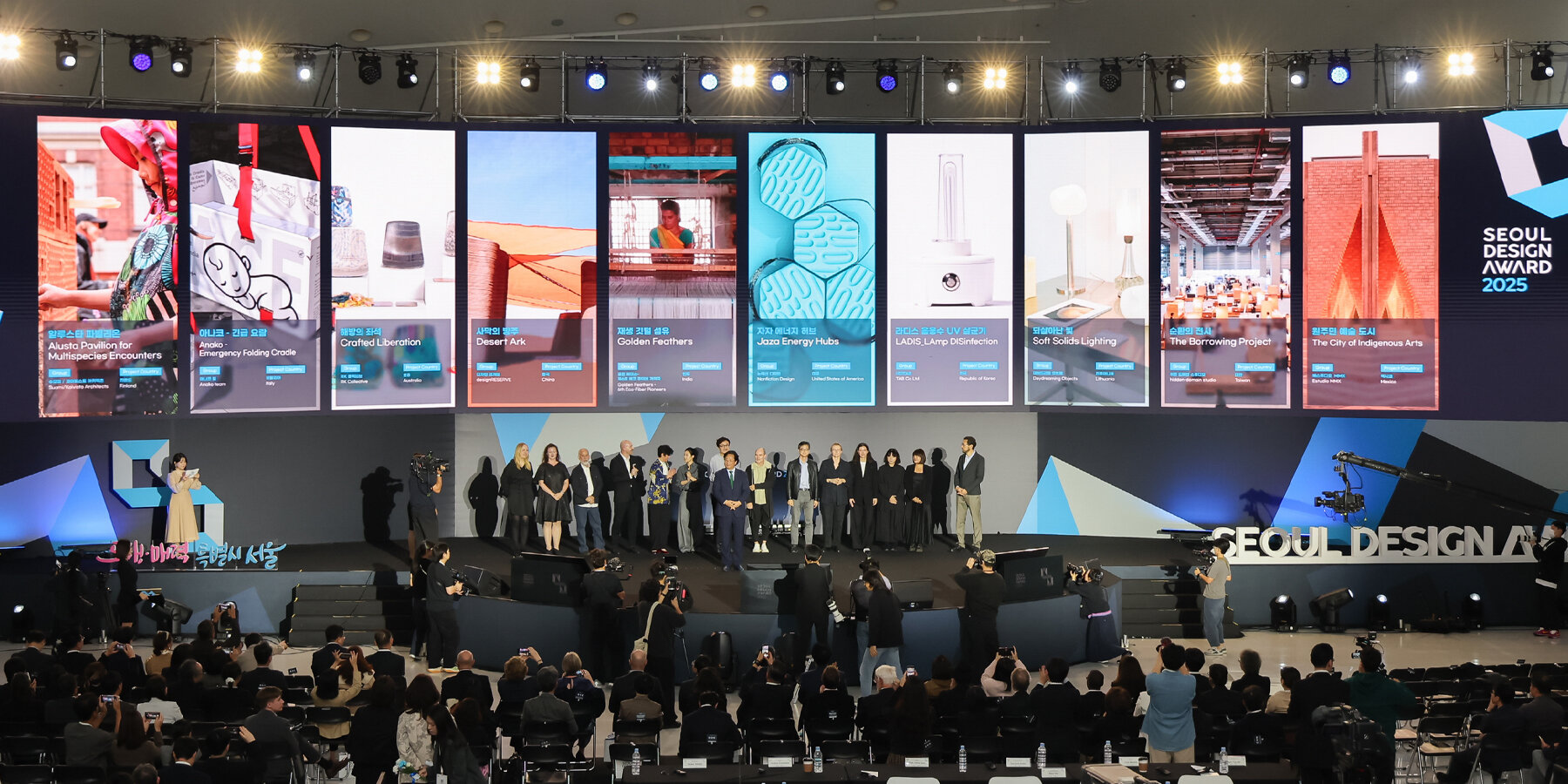
the Seoul Design Award 2025 demonstrated design’s power to transform complex issues
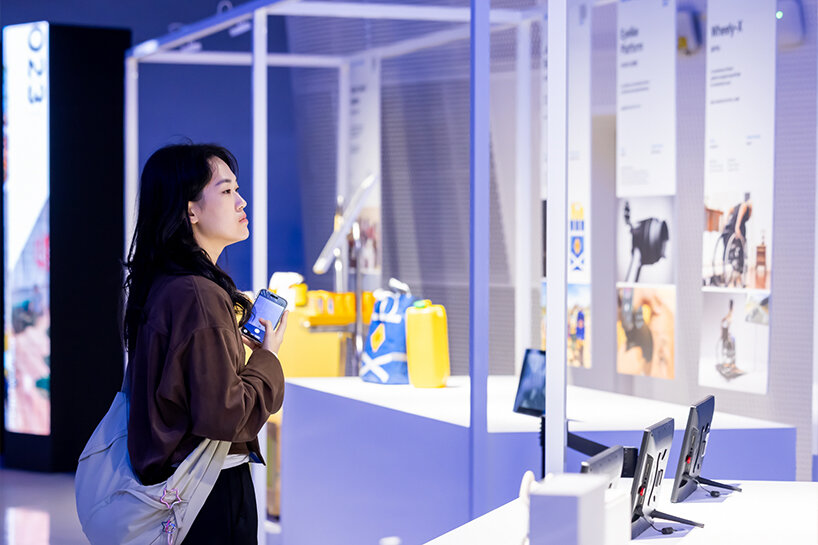
SDA 2025 exhibition view
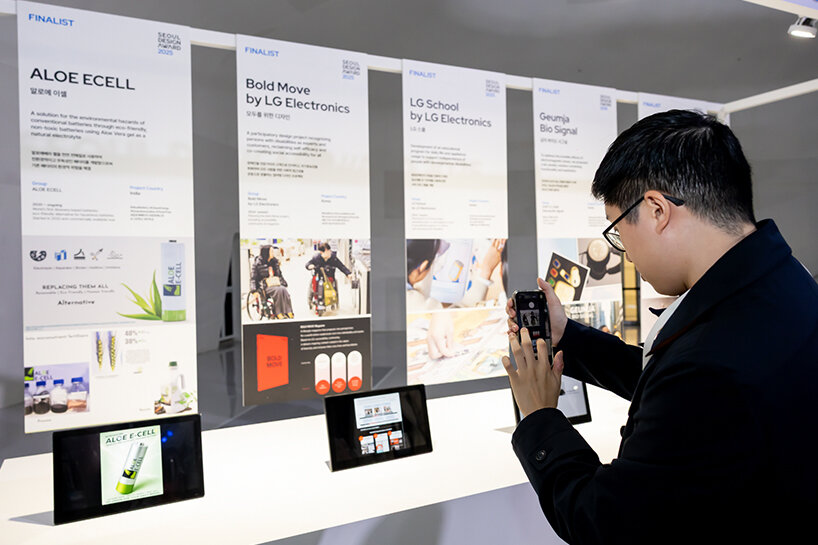
SDA 2025 exhibition view
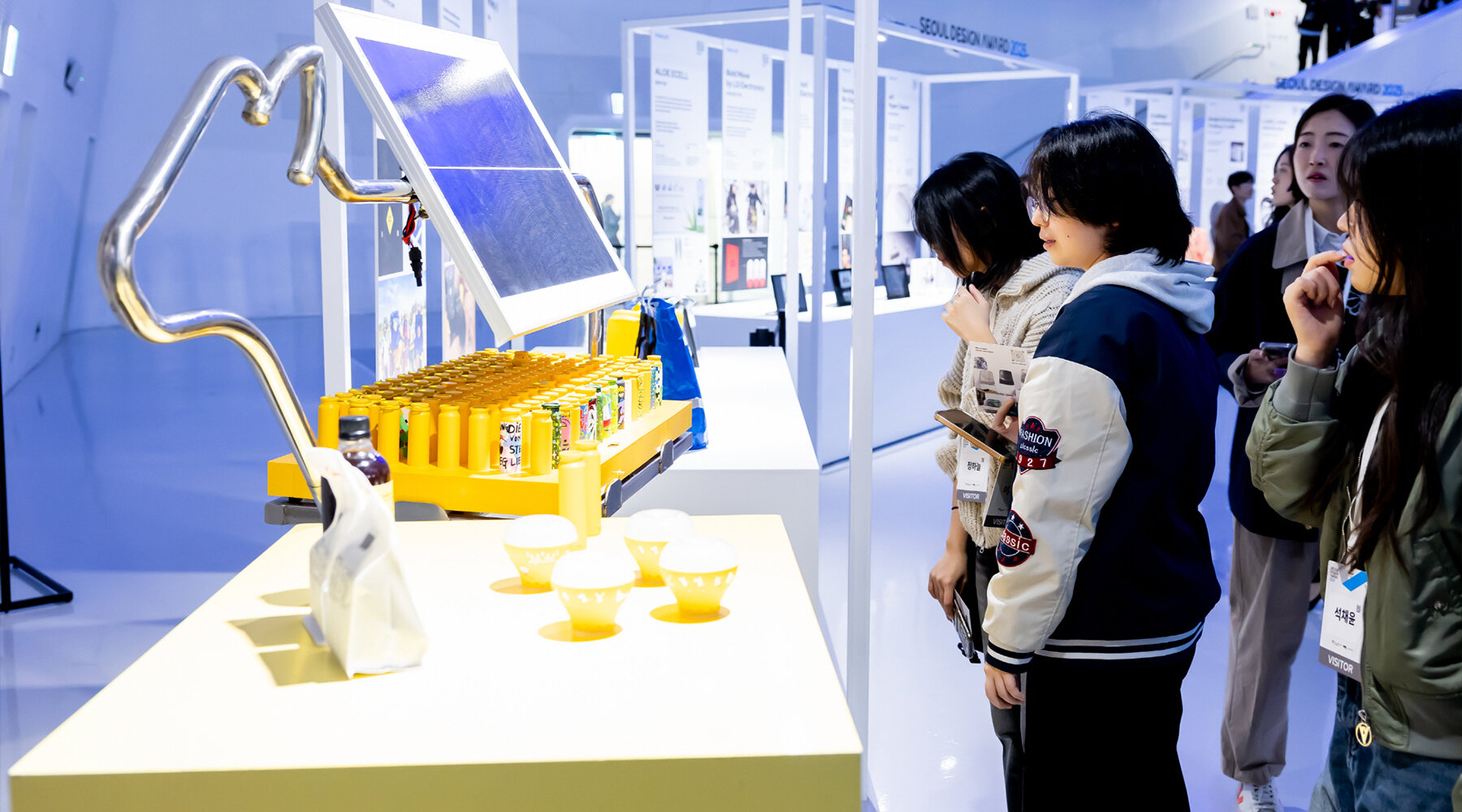
SDA 2025 exhibition view
award info:
platform: Seoul Design Award 2025 | @seouldesignaward
grand prize winner (project): Nonfiction Design (Jaza Energy Hubs)
top 10 winning projects: Alusta Pavilion for Multispecies Encounters, Anako – Emergency Folding Cradle, Crafted Liberation, Desert Ark, Golden Feathers, LADIS Lamp DISinfection, Soft Solids Lighting, the Borrowing Project, and the City of Indigenous Arts
concept award winning projects: Bark-Code, and Blue Garden
conference venue: DDP (Dongdaemun Design Plaza), Seoul, South Korea
conference date: October 24, 2025
The post seoul design award 2025 crowns winner for nigerian flat-pack, solar-charing hubs appeared first on designboom | architecture & design magazine.
